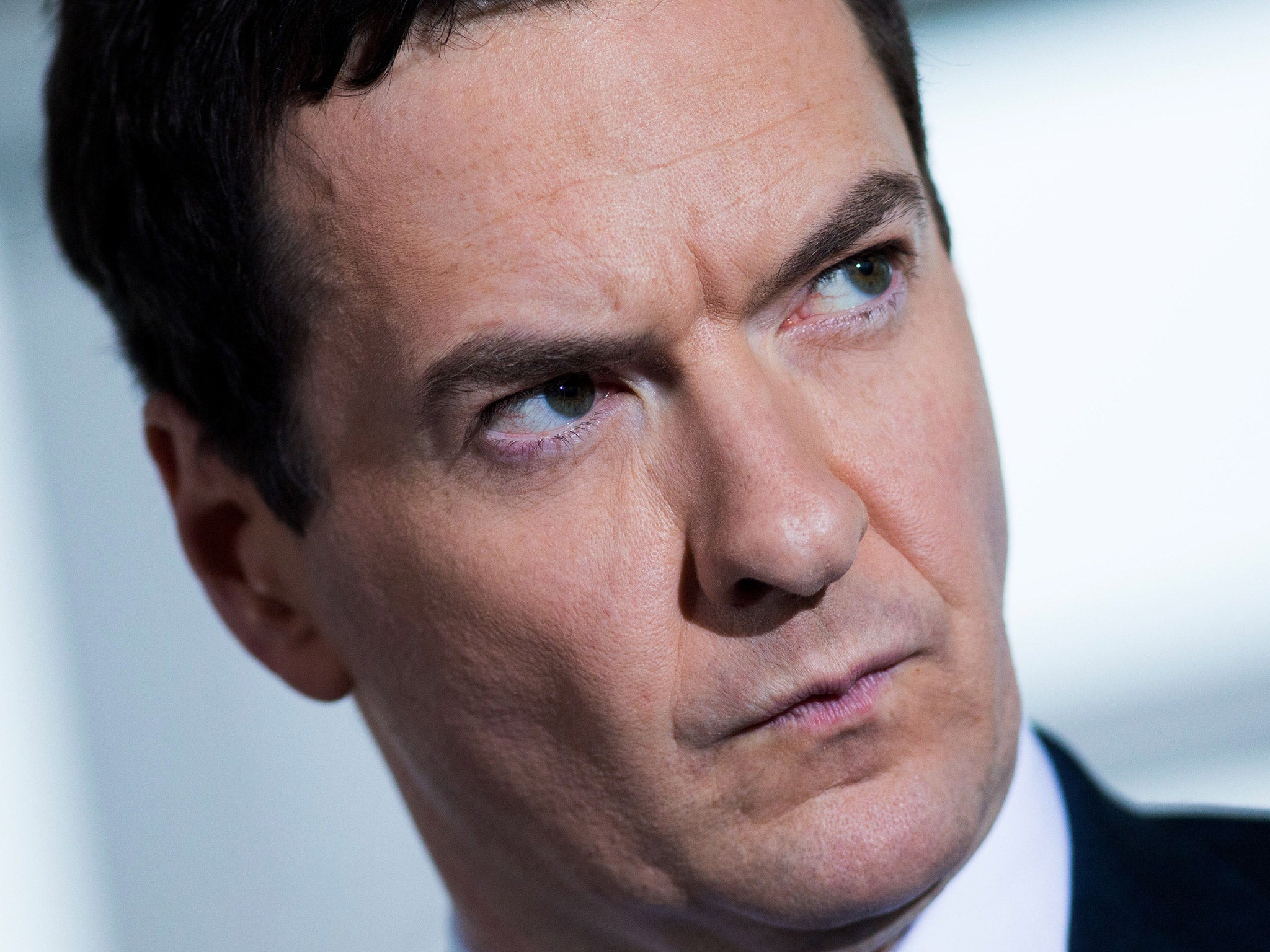George Osborne was accused today of trying to “buy the pensioner vote” after the Chancellor announced a major extension of the Government’s controversial pensioner bond scheme. The generous financial products will now be on sale right through the upcoming general election campaign.
Mr Osborne told the BBC’s Andrew Marr programme the special high-interest securities will be on offer for a further three months, until 15 May, and that the total value of the bonds available will increase from £10bn to £15bn.
There was huge demand for the products after the scheme was launched on 15 January, with more than £1bn snapped up in the first two days. Demand was so high that the website of the state-owned National Savings and Investments (NS&I) crashed and phone lines were permanently engaged.
The Chancellor said the extension of the scheme was evidence that “this government backs savers and supports people who do the right thing”. However critics slammed the securities as an economically distorting gimmick and said the central purpose of the extension of the scheme was to attract votes for the Conservatives on 7 May.
The UK government can borrow in financial markets at well below the 4 per cent annual interest that the 3 year pensioner bond pays, meaning the Coalition is deliberately choosing to pay more in interest to the holders of the bond than it needs to. Estimates by The Independent suggest the Government could end up paying an extra £400m in interest than if it were to borrow the £15bn at market rates.
Confronted by criticism of the scheme Mr Osborne said: “I think you have to see this in the context of a plan where they have been very low interest rates to support the economy during this difficult period. That has hit savers. I think it is perfectly reasonable for a chancellor to say I want to support savers.”
Saving lobby groups have been complaining ever since the financial crisis about the impact of the Bank of England’s monetary policy on savers. They say the drop in the official policy rate to a record low of 0.5 per cent combined with the Bank’s £375bn in sovereign bond purchases have hammered the incomes of those who live off their savings interest and pushed down annuity rates.
But research from the Bank of England has shown that monetary policy has also benefited savers by boosting asset values and increasing the value of the securities held in pension pots. While savers’ interest payments have been reduced by low policy rates, relative to where they otherwise would have been, policymakers at the Bank point out that without significant monetary easing the economy would have been plunged into a deeper recession, which would have hurt savers even more.
Mr Osborne announced the pensioner bonds in his March 2014 budget. The one-year bond pays an annual interest rate of 2.8 per cent and the three-year bonds pays 4 per cent. That compares with the best current market rates of 1.85 per cent for one year bonds and 2.5 per cent for three year bonds. The yield, or effective interest rate, on a three year government bond is currently just 0.75 per cent.
The maximum investment per person is £10,000, with a minimum of £500. Critics also point out that if pensioners can afford to put aside £10,000 that makes them among the wealthiest individuals in the country. The median household in 2010-12 had just £12,000 of financial assets according to the Office for National Statistics.
The Treasury said yesterday that £7.5bn of pensioner bonds have been sold with 610,000 savers taking them up so far. It added that the total numbers benefiting would ultimately be over 1 million.
Subscribe to Independent Premium to bookmark this article
Want to bookmark your favourite articles and stories to read or reference later? Start your Independent Premium subscription today.


Join our commenting forum
Join thought-provoking conversations, follow other Independent readers and see their replies